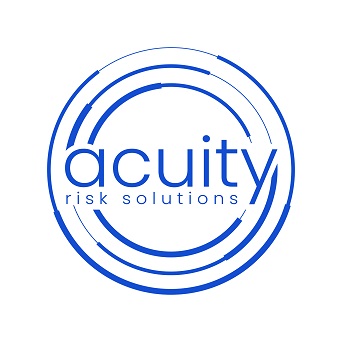Independent contractors are essential across industries, providing specialized skills that keep the economy moving. According to the Australian Bureau of Statistics, they make up about 7.5% of the workforce—roughly one million people.
Whether you’re overseeing large construction projects or focusing on niche tasks, managing the unique risks of your trade is crucial for long-term success. In this article, we’ll explore key risks you face and offer practical strategies to manage them effectively.
Understanding the Unique Risks Each Type of Contractor Faces

General Contractors
They’re the backbone of any construction project, responsible for overseeing from start to finish. General contractors coordinate various trades, manage timelines, and ensure everything runs smoothly. Significant risks include project delays, budget overruns, and depending on subcontractors. So, if the latter fails to deliver on time, it delays the whole project, eating into the profit margin and resulting in possible legal issues.
Independent Contractors
These contractors work across industries, often overseeing large projects and handling specific tasks or projects on their own. Their risks could be irregular workflows, direct liability, and limited resources. As well, such contractors take care of their own insurance, equipment, and client relations.
Specialty Contractors
Such contractors focus on specific construction areas, including plumbing, carpentry or electrical work, so have specialised risks. Technical errors can result in costly repairs or maybe safety hazards. Malfunctioning tools and other equipment-related risks could mean delays and higher costs. Continuous education is vital to keep updated with industry standards and compliance issues.
Subcontractors
Subbies perform specific tasks for larger projects, typically with general contractors supervising them. Subcontractors can be specialised, too. They may depend on external contracts, so any industry ebbs and flows can affect work availability and income. Sometimes a project’s requirements expand beyond the initial agreement, leading to a higher workload without any extra income.
Time-tested Risk Management Strategies
- Safety is Your Top Priority: Implement robust safety protocols and run regular training to shrink the risk of accidents and injuries on the job. Comply with safety regulations, including those local authorities set. This helps protect your team buffers your business from legal and financial fallout.
- Regulatory & Legal Compliance: Keep updated about local, state, and federal regulations to avoid legal pitfalls. Consult with legal experts regularly for visibility about construction laws and labour regulations. Aim to keep compliant to help protect your business against potential lawsuits.
- Clear and Comprehensive Contracting: Draft comprehensive contracts to spell out the scope of work, payment terms, deadlines, and responsibilities to slim your chances of disputes. Consider such contractors as protection and a path to resolve possible conflicts that could happen.
- Assessing Risks & Contingency Planning: Regularly assess risks to pinpoint potential vulnerabilities in your operations. Consider what KPMG lists as major challenges facing the construction industry: skilled labour shortage, rising costs, supply chain disruptions and missing data connections across the value chain. Don’t forget red tape, too. Then, create contingency plans, including a financial nest egg and alternative suppliers. Build your buffer against unexpected challenges.
- Financial Stability & Resiliency: Weather the volatility of the contracting world and market competition with rigorous practices. Aim for diligent budgeting, keep an eye on your cashflow, and weigh up before investing. Financial resilience muscles up your business to ride out slow periods and unexpected costs without sinking your business.
- Continuous Professional Development: Invest time in ongoing learning through industry workshops, higher certifications, and active participation in professional organisations. If digital literacy isn’t one of your superpowers, reach out to get up to speed. Check out this website for inspiration. Get a birds-eye view of these digital skills needed in the construction sector, too.
- Insurance Solutions to Tackle Your Liabilities: The above strategies work well in tandem with appropriate insurance coverage. As your broker or adviser, we can help customise a solution that snugly fits the specific liabilities you face in your line of work. Bundling your policies into a package can also earn premium discounts.
If you want to know more about boosting your risk management strategies when it comes to independent contractors CLICK HERE, or contact us today.

